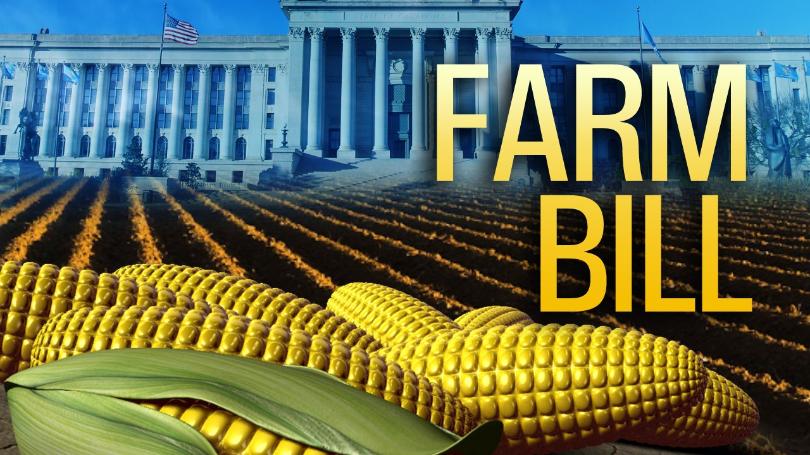Very important Farm Bill is near and Florida Farmers are happy

WASHINGTON (AP) – The United States Senate passed a new Farm Bill in a big bi-partisan manner. The moves to the House and then hopefully to President Trump desk for his signature, meanwhile, Florida farmers took a deep breath.
Lawmakers have reached an agreement on the farm bill, a mammoth package that will fund key farm safety net programs for the next five years without making significant changes to the food stamp program that serves nearly 40 million low-income Americans.
The agreement, signed on Monday by House and Senate members of the conference committee, is the result of months of negotiations to reconcile conflicting versions of the bill.
“We started this journey nearly two years ago,” said Senate Agriculture Committee Chairman Pat Roberts, R-Kan., in a statement. “As promised, this farm bill provides much needed certainty and predictability for all producers – of all crops -across all regions across the country.”
The measure bears a price tag of $867 billion over 10 years and is expected to be brought to a vote this week, though exact timing is uncertain.
The legislation sets federal agricultural and food policy for five years and provides more than $400 billion in farm subsidies, conservation programs and food aid for the poor. It reauthorizes crop insurance and conservation programs, funds trade programs, bioenergy production and organic farming research. It also makes reduces the cost for struggling dairy producers to sign up for support programs and legalizes the cultivation of industrial hemp, an initiative championed by Majority Leader Mitch McConnell, R-Ky. On Monday evening McConnell Tweeted a video of himself signing the conference report.
One thing the bill doesn’t have: tighter work requirements for food stamp recipients, a provision of the House bill that became a major sticking point during negotiations.
Currently able-bodied adults ages 18-49 without children are required to work 20 hours a week to maintain benefits under the Supplemental Nutrition Assistance Program, or SNAP. The House bill would have raised the age of recipients subject to work requirements from 49 to 59 and required parents with children older than 6 years to work or participate in job training. The House measure also sought to limit circumstances under which families who qualify for other poverty programs can automatically be eligible for SNAP, and earmarked $1 billion to expand work-training programs.
“We overcame many differences to deliver a strong, bipartisan farm bill for our farmers, families and rural communities,” said the senior Democrat on the Senate Agriculture Committee, Debbie Stabenow, D-Mich.
Negotiators ultimately rejected the most controversial House measures related to SNAP. The outcome is a victory for Democrats, who refused to support them.
Throughout the negotiation process President Donald Trump made his support for work requirements clear, tweeting about the issue multiple times.
But the final draft doesn’t make any changes to existing work requirements for SNAP recipients, nor does it eliminate states’ ability to provide waivers or change eligibility criteria. It does increase funding for employment and job training programs from $90 million to roughly $103.9 million per year.
The two chambers also clashed over portions of the bill’s forestry and conservation sections. But the most contentious pieces of the House version, such as relaxing restrictions on pesticide use, didn’t make it into the final text.








